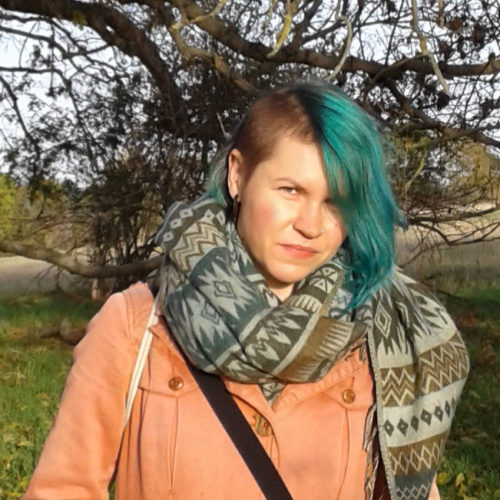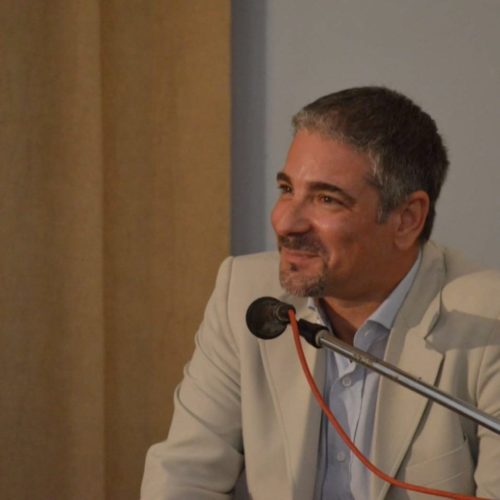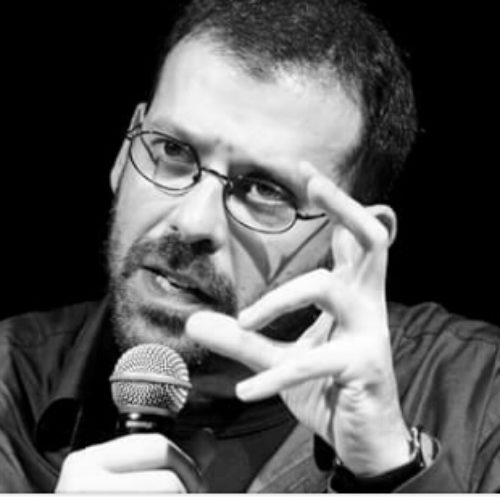Debate on the Refugee Crisis
Intellectual notes on how to understand the rise of authoritarian nationalism
December 19th, 2020

Without a systematic critique of capital, without a Marxist and Polanyian critique, we fail to understand properly, why institutionalized solidarity has not been embedded into East European societies in a neoliberal era, why lower-class masses loudly reject humanitarian help. It is unclear in such an analysis why now and why specifically Eastern European societies started a nationalist ‘revolt’ and most importantly why they give support for the authoritarian right-wing turn using the “migrant” card. They also fail to ask what material processes can be behind the change. It is rarely discussed why migration has gone up in the era of globalization, what are the root causes of such processes and what political consequences we face due to this new wave of marketization.
The narrowness of the liberal humanist typed analysis was eloquently criticized already by Lukács in his ‘History and Class Consciousness’ in the early 1920s, at the beginning of another authoritarian cycle in politics. According to him, a history written through contrasting developments and transcendental values or simply relying on simultaneity and consecutiveness is only “an enigmatic flux”. In his view, without writing a proper total history we fail to see how material processes become a momentum in the historically evolving totality, and how they are in a dialectical interplay with the consciousness of these processes (i.e the creation of certain categories like that of migrants, types of migrants etc.). Due to an interplay of discursive and material processes, migration and migration discourses symbolize and represent some of the key contradictions of this newest cycle of globalization. These contradictions have become historical forces and they might push European and most importantly East European societies into a new regime of authoritarian capitalism.
In writing this global and total history of the rise of anti-migrant populism it also seems that we need to rethink and reutilize Gramsci too. He not only introduced the concept of passive revolution (meaning substantive shifts which do not lead to systemic change), but via constructing the very important concepts of historical-political blocs he also argued that “moments of hegemony” require a congruence between material and cognitive processes. As he put it, there should be a fit “between the ensemble of the superstructure and the ensemble of the social relations of production” (Gramsci 2000, 192).
This linkage concerning the rise of radical nationalism and radical marketization of societies has been observed by many authors including Ernst Bloch, who raised the mechanism of non-synchronicity of social times. This can be relevant in Eastern Europe where there is a general discursive tendency to go back to the historical times before the second world war, a period that is often seen, most importantly by rising right wing groups, as the last period of “normalcy” unhindered by the so called “Communist terror” or by “brainwashed” liberals.
The explanation of radicalization by the implementation of market utopias are very importantly linked to Karl Polányi, whose intellectual heritage has become widely popular nowadays. Polányi for instance argued that market utopias and the marketization of society would lead to various double movements and/or crazy nationalisms for instance in Eastern Europe. This he explained in various pieces and concrete warnings (Polanyi 2018 [1945]).
But the above classic authors worked on the terrain of general historical linkages, but remained rather short on the concrete social linkages between these phenomena based on empirical-historical research put back into proper historical dynamics. Thus, the key question remains for us: what exact mechanisms of marketization, what concrete global and local historical factors and global-local interplay have led to the rise of “crazy nationalism”, how the historically dynamic material-cognitive links can be revealed and reconstructed. This work and the concrete answer is truly vital for us.
Attila Melegh
Attila Melegh is a sociologist, economist and historian. He is an associate professor at Corvinus University, Budapest, and a senior researcher at the Demographic Research Institute. His research focuses on global social change, and international migration. He has taught in the United States, Russia, Georgia and Hungary. Author of several books including ‘On the East/West Slope, Globalization, Nationalism, Racism and Discourses on Central and Eastern Europe’ published at CEU Press. He is the founding director of Karl Polányi Research Center at Corvinus University
Read our other essays on the Refugee Crisis here:




